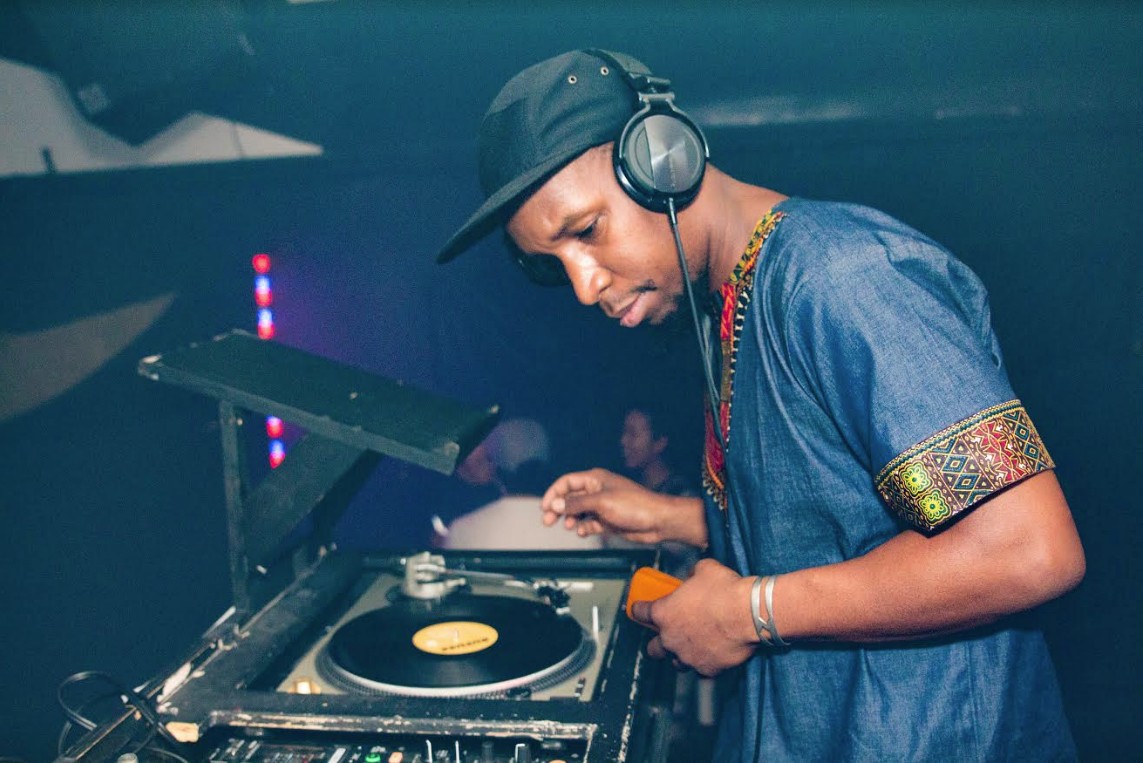Study: Despite problems, music increasingly rocks NYC’s economy

As singer-songwriter John Prine would say, New York City’s music business is doing “pretty good, not bad, I can’t complain,” according to a study released on Wednesday by Mayor Bill de Blasio and Media and Entertainment Commissioner Julie Menin.
While the music business overall has been disrupted by technological changes, music supports nearly 60,000 jobs, accounts for $5 billion in wages, and generates $21 billion in total economic output for the city according to the study, conducted by Boston Consulting Group.
Though smaller venues and businesses still close at a fairly alarming rate, the music sector is actually growing faster than the rest of the local economy, the study says. Music-related jobs are growing by an annual rate of four percent, and wages are growing at the rate of seven percent — compared to three and five percent in the city overall.
